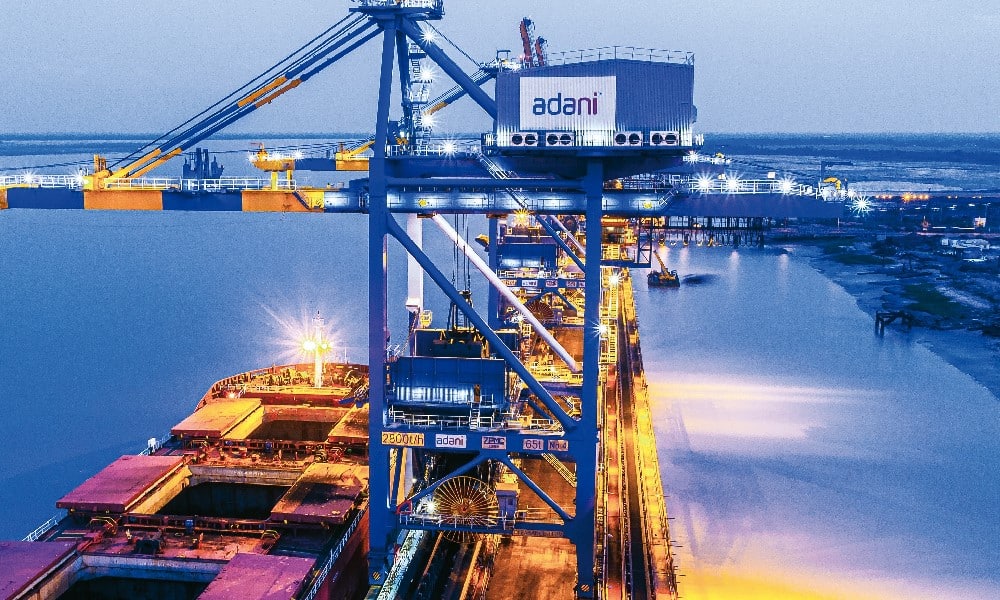Adani turns away sanctioned tankers from its ports in India
Adani Group Bans Sanctioned Tankers Amid Rising Tensions

Adani Group Takes Firm Stance on Sanctioned Tankers
In a significant move, the Adani Group, India’s largest private port operator, has announced a ban on the entry of tankers sanctioned by the United States, United Kingdom, and the European Union. This decision comes as part of the company’s ongoing efforts to navigate the complexities of international sanctions and trade regulations. Despite this new policy, analysts suggest that the impact on Russian oil shipments to India will be limited, as Adani’s operations primarily focus on containers and dry bulk cargo rather than tankers.
The Adani Group’s decision appears to be a proactive measure in response to potential secondary sanctions from Washington. Recently, the U.S. has intensified its pressure on G7 nations to impose higher tariffs on countries like India and China that continue to import Russian oil. This development has raised concerns among Indian refiners, who are now reevaluating their dependence on Russian crude in light of increased tariffs. Last month, the U.S. implemented a 50% tariff on Indian imports linked to Russian oil, prompting refiners to reduce their appetite for such supplies.
Implications for India’s Oil Sector
The ban on sanctioned tankers by the Adani Group signals a critical shift in India’s approach to dealing with international sanctions. While the immediate effects may not drastically alter the flow of Russian oil into India, it highlights the growing tension between India’s energy needs and international diplomatic pressures. The U.S. administration has been vocal about its stance on Russian oil imports, pushing for G7 allies to align with its sanctions strategy.
As a result, Indian refiners, traditionally reliant on Russian crude, are facing a dilemma. The heightened tariffs and potential repercussions from the U.S. could compel them to seek alternative sources of oil, thereby reshaping India’s energy landscape. The Adani Group’s initiative not only reflects a reactive strategy to regulatory pressures but also showcases the complexities involved in global energy trading amidst geopolitical tensions. This evolving situation is likely to have lasting effects on how India manages its energy imports and diplomatic relationships moving forward.
